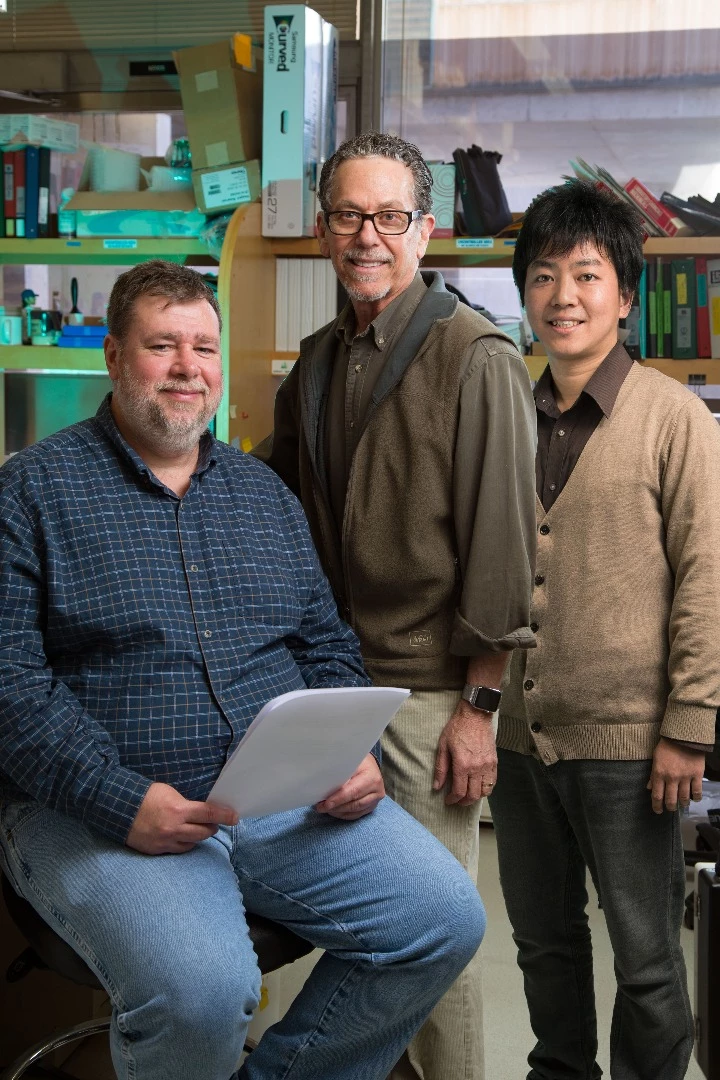A molecular switch could hold the key to a personalized cell replacement therapy for diabetes. Both Type 1 and Type 2 diabetes are characterized by an inability to produce (or process) insulin, which is required to regulate blood sugar levels. This has been linked to malfunctioning or failing beta cells in the pancreas, but so far scientists have struggled to produce effective replacement cells in the lab. Now a team at Salk Institute believes the problem has been solved.
The Salk scientists found a protein switch – one of several transcription factors in a beta cell – called ERR-gamma that makes the lab-grown cells more responsive to glucose and gets them releasing insulin at a normal rate. This ERR-gamma switch appears to be the master regulator for maturing glucose-responsive beta cells.
To test the discovery, the researchers transplanted mature lab-grown beta cells into Type 1 diabetic mice, with the ERR-gamma protein switched on. Two months after transplantation, around half of the diabetic mice showed normal (non-diabetic) blood glucose levels.
The research holds great hope for treatment of human diabetes. If the ERR-gamma treatment bears out in further tests and human trials, it may one day be possible to grow insulin-producing beta cells from pluripotent stem cells taken from individual patients.
In other words, this discovery could lead to a new personalized therapy for diabetes that promises, under a best case scenario, to allow Type 1 diabetics to control diabetic blood sugar levels without constant insulin injections and maybe even to eliminate the disease entirely in some patients.
A paper describing the research was published in the journal Cell Metabolism.
Source: Salk Institute






